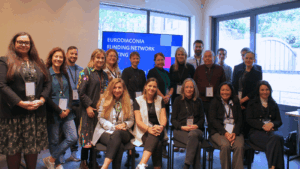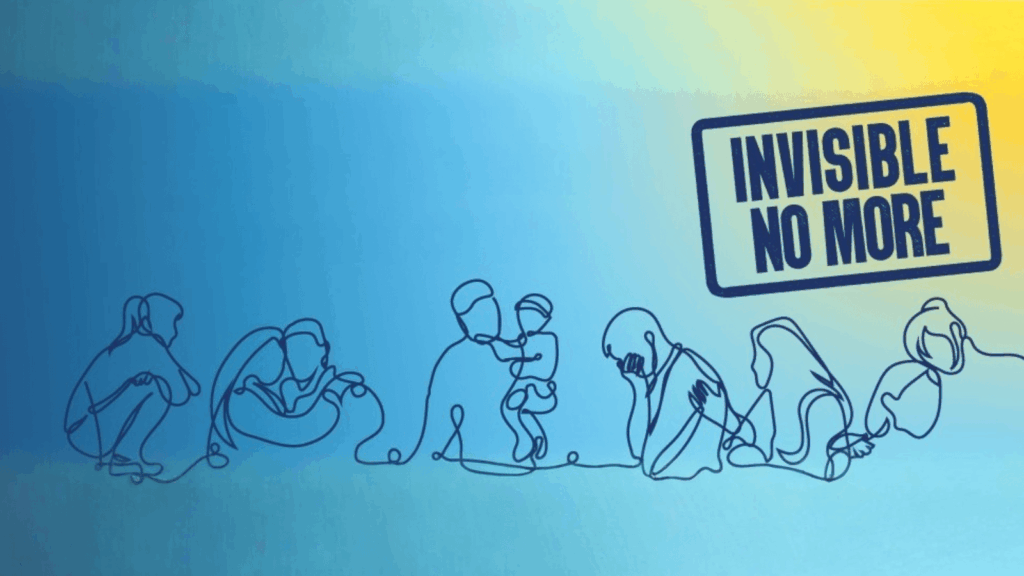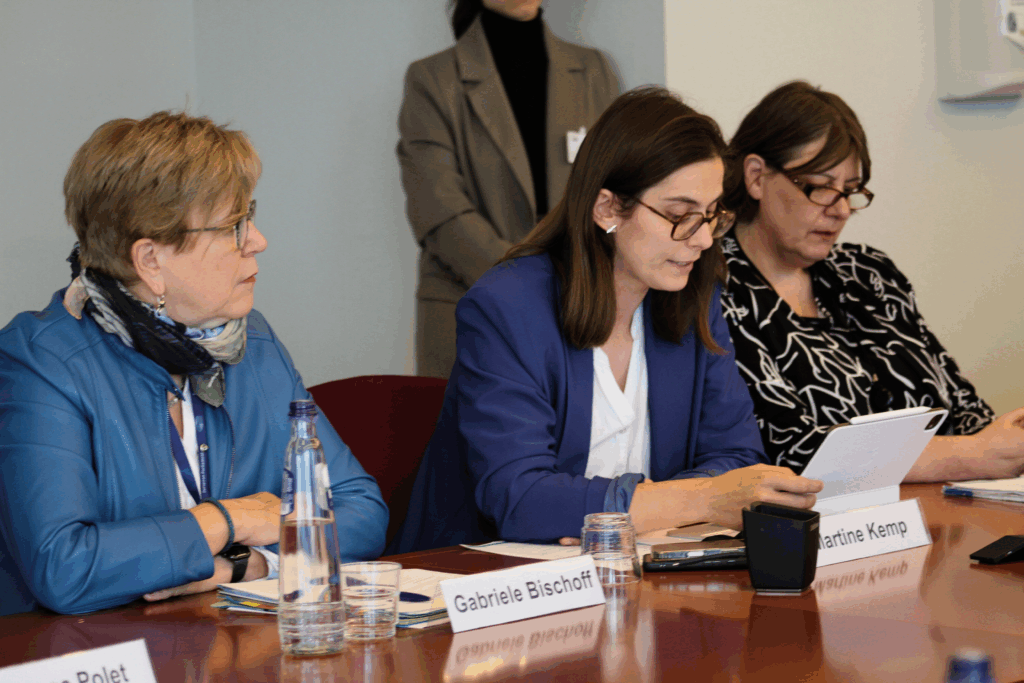Dreaming Big Together: Eurodiaconia Members Unite for a More Inclusive Europe
Last week, on 24 September, Eurodiaconia members gathered in Brussels for this year’s Funding Network Meeting to share experiences in fundraising, build partnerships, and reflect on the future of EU funding for social services and inclusion.
Speakers from Diaconia Centre of the Evangelical Lutheran Church of Latvia and the Oulu Deaconess Institute opened the morning by presenting good practices from their experiences on the Erasmus+ and the European Solidarity Corps programmes, followed by insights on Citizens, Equality, Rights and Values (CERV) from the Helsinki Deaconess Foundation and ERGO Network.
Participants then joined breakout groups to discuss the challenges that they face in relation to funding, and to exchange project ideas and explore new possibilities for collaboration. Among the challenges discussed were the increased competition for EU funds coupled with the decrease in available national funding, the difficulty in finding time to complete lengthy funding applications when staff resources are already overstretched, and the obstacles encountered when trying to find suitable project partners. The participants also voiced their concerns about how they can continue to provide high quality care when operating in an ecosystem that places them under increased pressure to decrease costs.
However, despite these challenges, Eurodiaconia members remain committed to creating a more social Europe, where no one is left behind. This was reflected in the innovative projects and ideas that they shared in relation to improving care for the elderly, combatting human trafficking, supporting migrant inclusion, and preventing addiction amongst young people. During the meeting, members were able to identify potential project partners in the network with similar objectives, and exchange effective approaches for writing funding applications. Members also discussed the exciting possibility for staff study visits to strengthen capacity building and knowledge sharing.
In the afternoon, representatives of the European Education and Culture Executive Agency (EACEA) – Srd Kisevic and Jana Fiorito – outlined programme priorities and funding opportunities under the Citizens and EU Values Programme, as well as Erasmus+ and ESC. Eurodiaconia led a session on the proposed 2028–2034 Multiannual Financial Framework (MFF) and its implications for diaconal work, while Eunoia helped synthesise key reflections and ways forward by reminding us to “not be afraid to dream big and remember nothing is impossible to those who have faith”.




